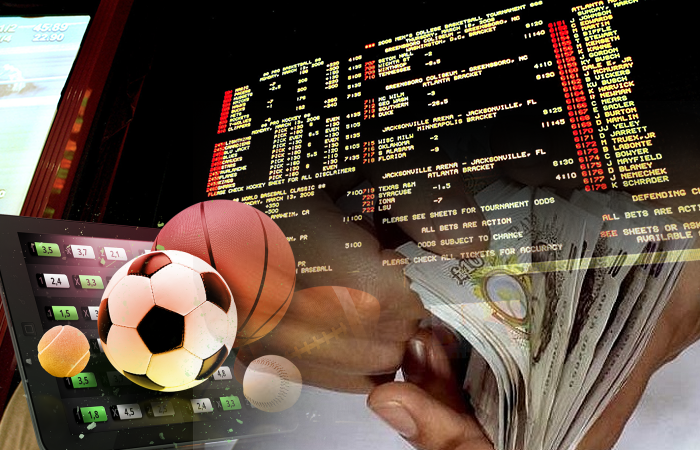
Best Strategies for Poker Tournaments
Playing in poker tournaments can be exhilarating, but they also require a unique set of strategies to succeed. The nature of tournaments can vary significantly from cash games, demanding players to adjust their approach. Here, we will delve into the Best strategies for poker tournaments https://4rabet-app.com/bn that can help you improve your game and increase your chances of coming out on top.
Understanding Poker Tournament Structure
The first step to mastering tournament play is understanding the structure of the event. Tournaments often feature a blind structure that increases at predetermined intervals, affecting your strategy significantly. Keeping track of the blinds and the stack sizes of yourself and your opponents will help you make informed decisions regarding aggression and risk management.
Early Stage Strategy
In the early phases of a tournament, the blinds are relatively low compared to the chip stacks, granting players a chance to play more conservatively. Focus on building your stack gradually and avoiding risky plays that could jeopardize your tournament life. It is advisable to play premium hands and fold less favorable hands, conserving your chips.
Middle Stage Strategy
As the tournament progresses into the middle stage, the blind levels increase, and the players who have accumulated sufficient chips begin to exert more pressure. This is the stage where you should start to take calculated risks. Consider open-raising more frequently, especially if you are in a late position. It’s also time to start looking out for short stacks who might be desperate to double up, allowing you to exploit their weaknesses.
Late Stage Strategy
When you reach the final stages of a tournament, it’s crucial to recalibrate your approach once again. At this point, many players may be operating with shorter stacks and you need to adjust your strategy accordingly. Focus on accumulating chips aggressively during this critical phase. This might involve bluffing or applying pressure to opponents who are less willing to risk their tournament life.

Understanding ICM (Independent Chip Model)
In tournaments, understanding the ICM can be the difference between winning or losing. ICM analyzes the value of your chips in terms of potential payouts, which can change your perception of chip value significantly. You might find yourself in situations where it’s better to fold a strong hand to ensure you stay in the tournament, rather than risk your position for a marginal gain.
Adjusting to Opponents
A crucial skill in poker is the ability to read your opponents and adjust your strategy accordingly. Pay attention to their playing styles, stack sizes, and tendencies. Some players might be overly aggressive, while others may play too passively. In tournaments, the ability to adapt your play style based on your opponents can give you a significant edge.
Final Table Strategy
Reaching the final table is a testament to a player’s skill and patience. However, the strategies you employed to get there must evolve. At this stage, pay close attention to chip distribution among players, as this will influence your decisions. If you have a larger stack, consider using it to bully smaller stacks, while those with fewer chips should be looking for spots to double up without risking elimination.
Bankroll Management
An essential strategy that often gets overlooked in discussions about tournament play is effective bankroll management. Ensure that you have enough funds to cover multiple tournament entries, as variance can lead to streaks of losses. A well-managed bankroll allows you to play without pressure and can contribute to better decision-making.
Practice and Study
The best way to improve at tournament poker is to practice regularly and study the game. Utilize online resources, books, and videos dedicated to tournament strategy to enhance your understanding. Make sure you review your hands after sessions to identify mistakes and areas for improvement. Continuous learning will keep your skills sharp and your strategies effective.
Conclusion
Success in poker tournaments doesn’t come overnight; it requires time, practice, and a solid understanding of various strategies. Adapting to the changing dynamics throughout the tournament, maintaining good bankroll management, and continually studying the game can significantly enhance your performance. By implementing these strategies and being adaptable on the felt, you’ll put yourself in a better position to achieve your poker tournament goals.

